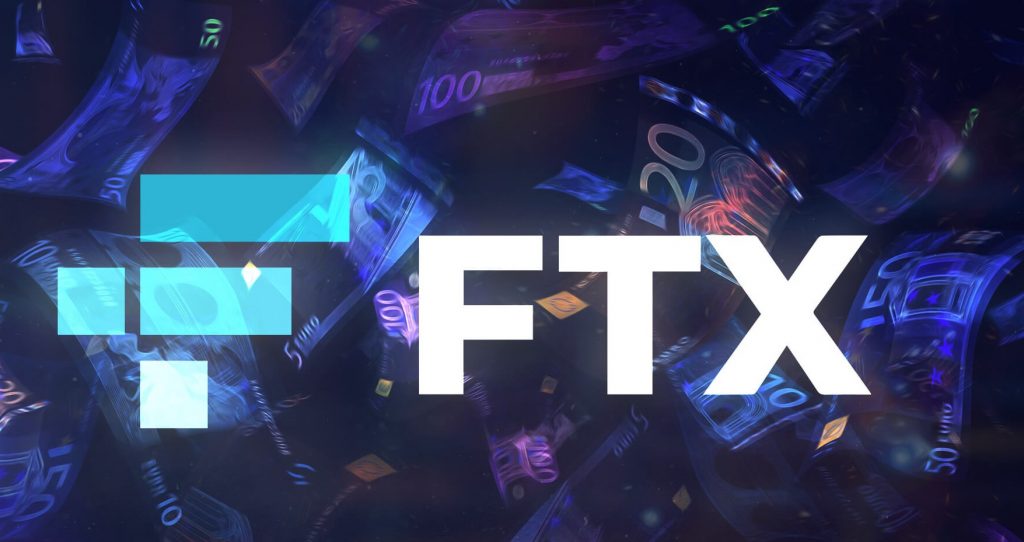FTX to Begin $1.2 Billion User Repayments After Bankruptcy
13.01.2025 17:00 1 min. read Alexander Zdravkov
FTX, the defunct cryptocurrency exchange, is preparing to refund over $1.2 billion to users who have been locked out of their funds since its 2022 collapse.
Creditors with claims up to $50,000 must complete all necessary steps by January 20, 2025, marking a critical deadline in the repayment process.
The January 20 milestone, outlined in FTX’s restructuring plan approved last year, paves the way for initial distributions. Sunil, a representative of the FTX Customer Ad-Hoc Committee, emphasized that repayments are unlikely to start before the deadline, giving affected users a final opportunity to meet the required conditions.
This influx of funds could significantly impact the crypto landscape, with some speculating it might catalyze Bitcoin’s rise to $200,000. Industry experts predict mixed reactions from creditors: some may cash out for financial stability, while others could reinvest in the market, confident in its long-term potential.
The case draws parallels to Mt. Gox’s creditor payouts, where many opted to hold their Bitcoin despite its massive appreciation over the years. The FTX repayments may follow a similar trend, with only a portion of the distributed assets potentially entering the market.
-
1
Circle Soars in NYSE Debut Amid Surging Stablecoin Interest — But Not Everyone’s Cheering
06.06.2025 11:00 2 min. read -
2
Yuga Labs Moves to Dismantle ApeCoin DAO in Favor of Centralized Structure
07.06.2025 15:00 2 min. read -
3
CETUS DEX Returns After Major Exploit, Faces Mixed Reaction from Users
09.06.2025 20:00 1 min. read -
4
Tether’s Hypothetical IPO Could Value It Above Coca-Cola, CEO Suggests
10.06.2025 11:00 1 min. read -
5
UK Regulators Unveil PISCES – A New Era for Private Share Trading
11.06.2025 15:00 2 min. read
SoFi Returns to Crypto with Trading, Staking, and Blockchain Transfers
Digital banking platform SoFi Technologies is making a strong return to the cryptocurrency space, relaunching its crypto trading and blockchain services after stepping away from the sector in late 2023.
Chinese Tech Firms Turn to Crypto for Treasury Diversification
Digital assets are gaining ground in corporate finance strategies, as more publicly traded companies embrace cryptocurrencies for treasury diversification.
Ripple Faces Legal Setback as Court Rejects Bid to Ease Penalties
Ripple has been dealt another legal blow after a federal judge rejected its attempt to ease court-imposed restrictions and penalties stemming from its long-standing battle with the U.S. Securities and Exchange Commission (SEC).
BIS Slams Stablecoins, Calls Them Ill-Suited for Modern Monetary Systems
Stablecoins are failing where it matters most, says the Bank for International Settlements (BIS), which sharply criticized the asset class in its latest annual report.
-
1
Circle Soars in NYSE Debut Amid Surging Stablecoin Interest — But Not Everyone’s Cheering
06.06.2025 11:00 2 min. read -
2
Yuga Labs Moves to Dismantle ApeCoin DAO in Favor of Centralized Structure
07.06.2025 15:00 2 min. read -
3
CETUS DEX Returns After Major Exploit, Faces Mixed Reaction from Users
09.06.2025 20:00 1 min. read -
4
Tether’s Hypothetical IPO Could Value It Above Coca-Cola, CEO Suggests
10.06.2025 11:00 1 min. read -
5
UK Regulators Unveil PISCES – A New Era for Private Share Trading
11.06.2025 15:00 2 min. read


